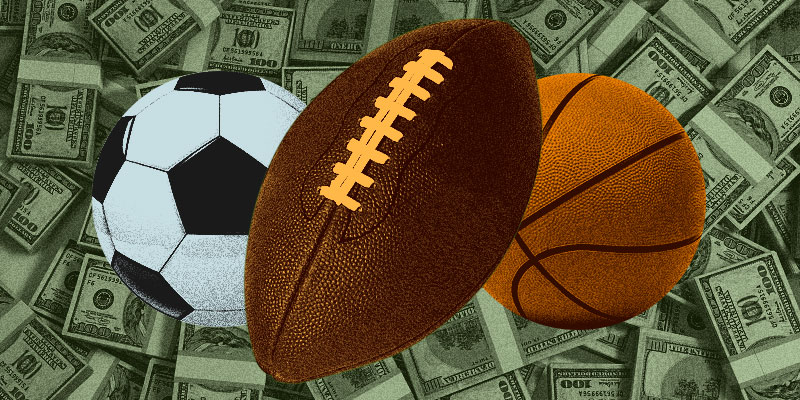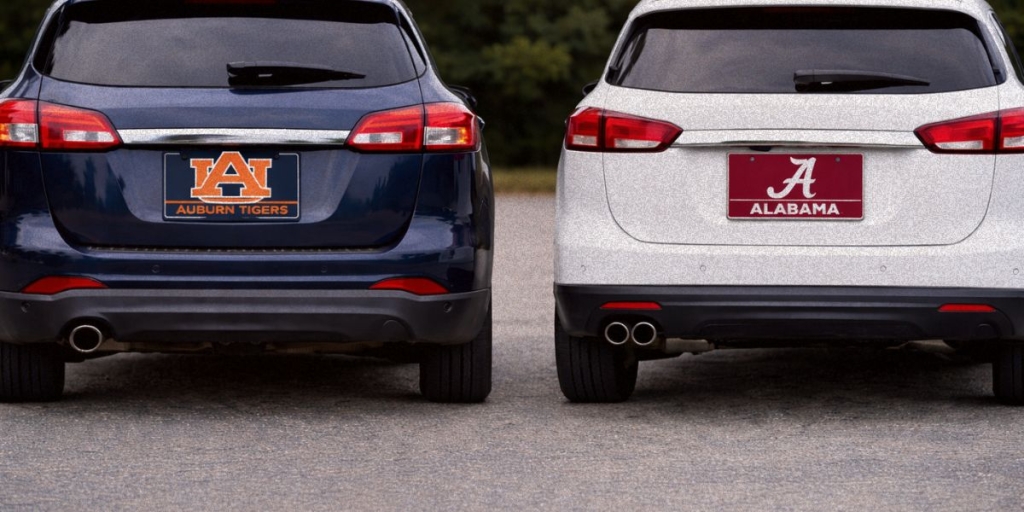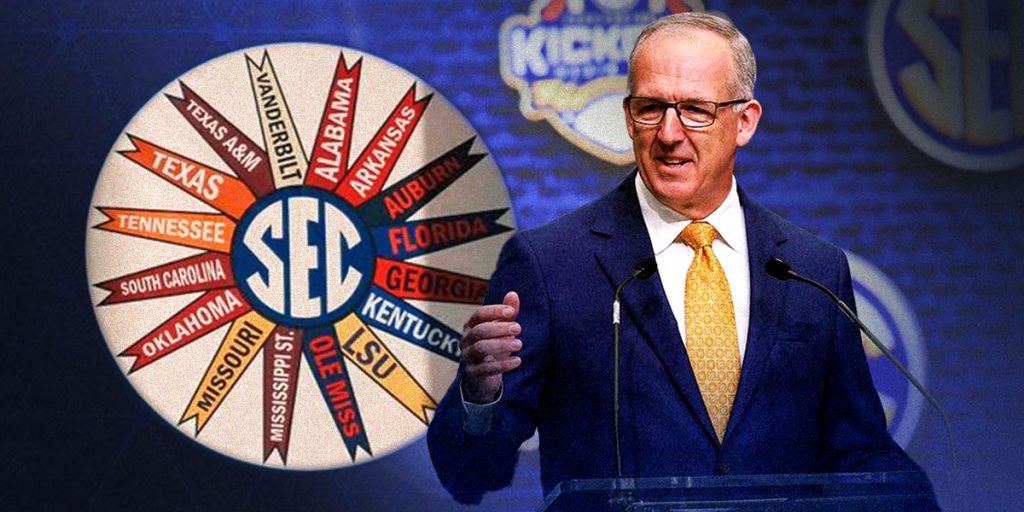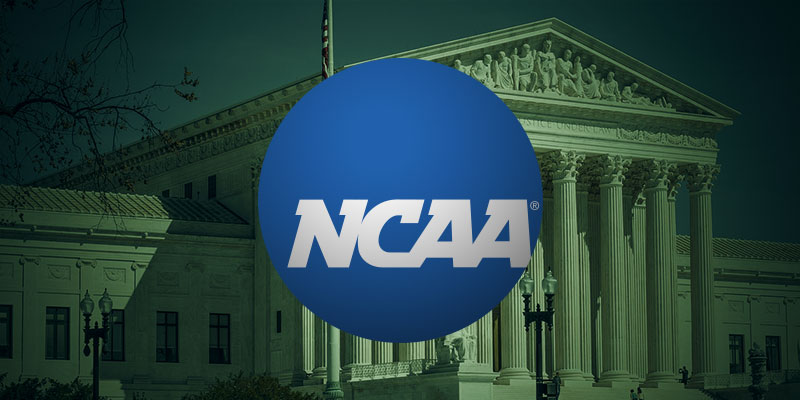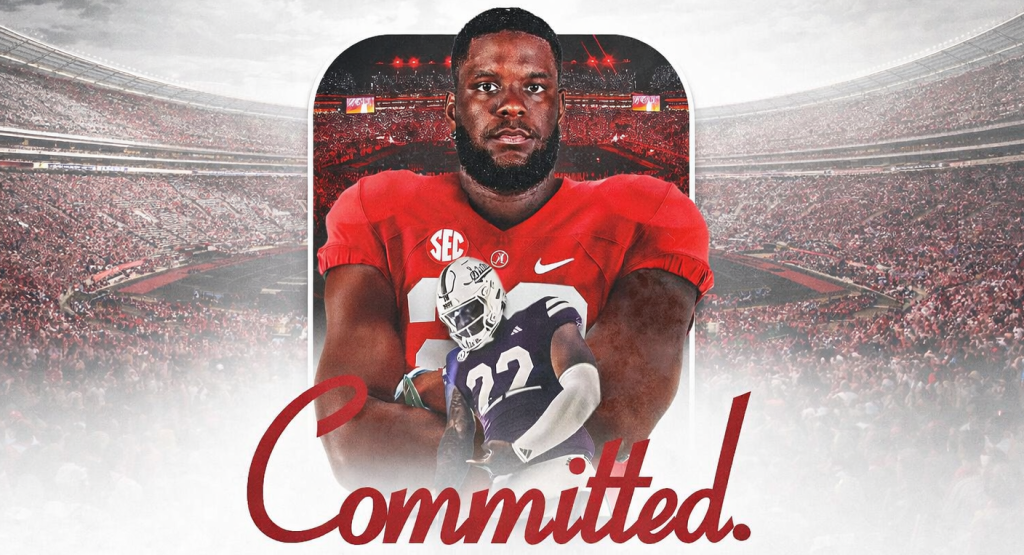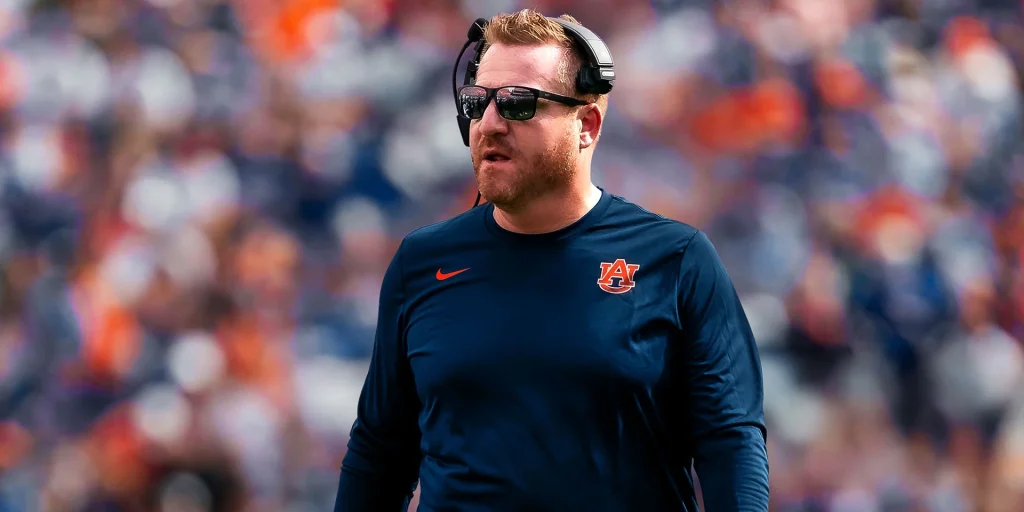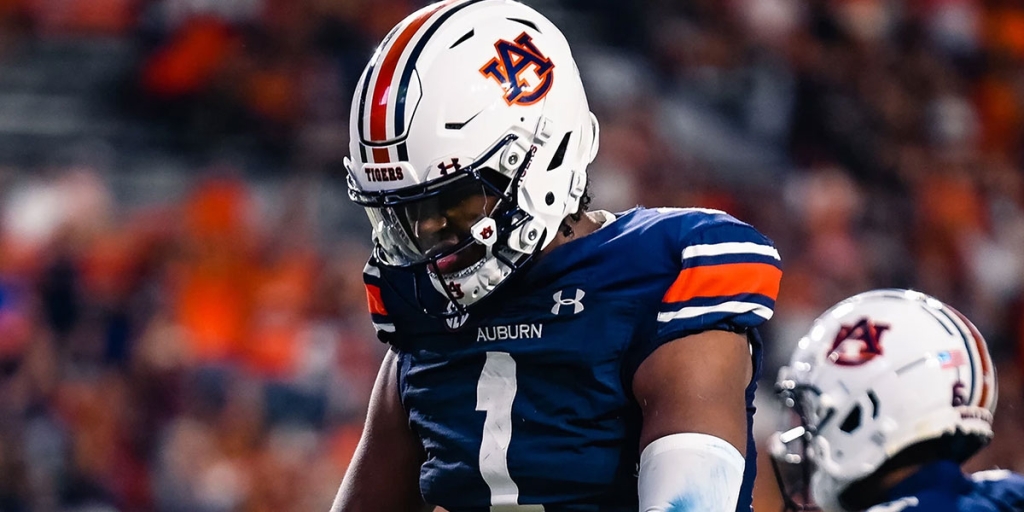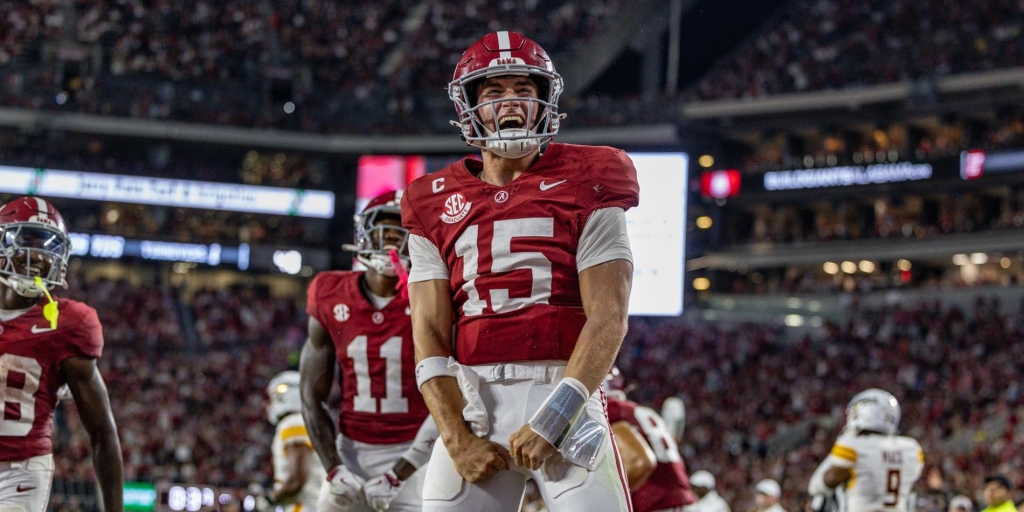The NCAA has officially ratified a rule which will make all transfer athletes eligible immediately, regardless if they’ve transferred in the past. So long as an athlete meets academic requirements, the NCAA will no longer be able to punish a player for transferring multiple times.
The rule has been in effect by de facto since December, when a federal judge issued an injunction preventing the NCAA from stripping eligibility from multi-time transfers.
The transfer portal window will still remain in place — athletes will not be able to simply transfer at any time of the year — but the new rule will prevent a repeat of the winter of 2023, when a wave of high-profile men’s basketball players denied eligibility publicly pleaded with the NCAA to let them play.
The NCAA also introduced a rule allowing schools themselves to “identify NIL opportunities and facilitate deals between student-athletes and third parties.” In the past, all NIL opportunities had to be coordinated through third-party collectives with no school involvement.
The change comes after Virginia passed a law earlier this month allowing the commonwealth’s schools to directly pay athletes for their NIL rights. The NCAA’s rule change isn’t quite as permissive, but it is a step towards removing the grey area between collectives and athletic departments.
It’s essentially a waving of the white flag from the NCAA that comes after the organization lost a February lawsuit filed by the states of Tennessee and Virginia. The suit claimed that the NCAA, which was in the process of trying to punish the University of Tennessee for NIL violations, enforced NIL rules that were “anti-competitive” and “violate[d] federal antitrust laws.”
At the time of the ruling, Alabama Athletics Director Greg Byrne said that NIL is undoubtedly a part of recruiting.
“Whether you want it to be part of recruiting or not, it’s something that recruits are asking the people around them. That’s why it’s part of recruiting. You have to be able to keep an arm’s length from that. But when somebody asks you every single day of a recruiting time about it, then it’s part of it,” Byrne said at the end of February.
NIL and the transfer portal go hand in hand, and with neither seeming to be going anywhere anytime soon, one will come along with the other.
The NCAA has officially given up and accepted the fact that it can no longer stop what’s coming.
Michael Brauner is a Senior Sports Analyst and Contributing Writer for Yellowhammer News. You can follow him on Twitter @MBraunerWNSP




